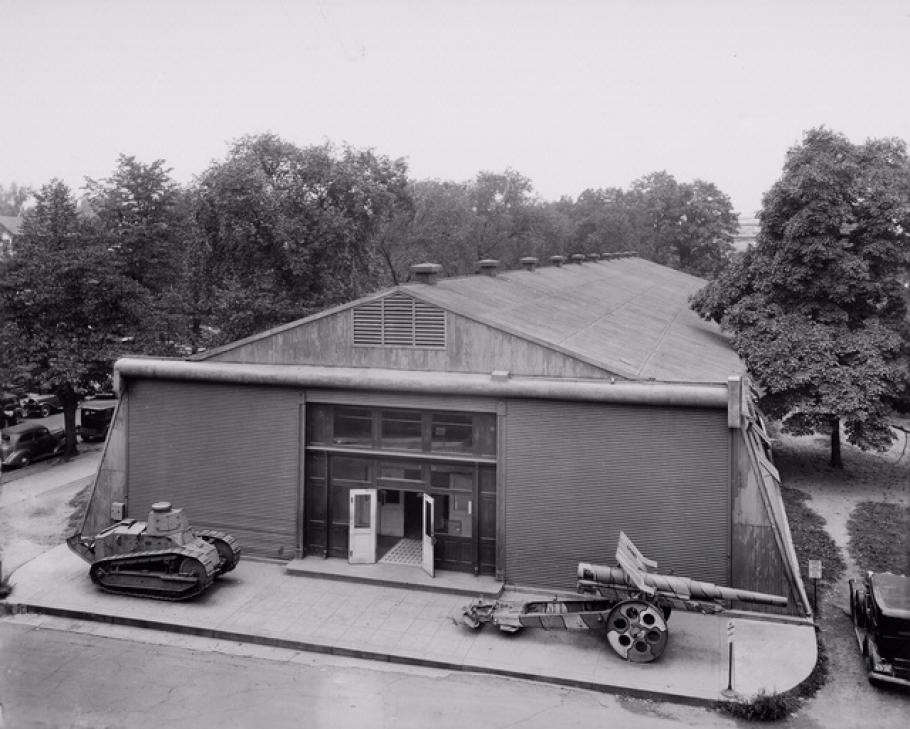All Stories
Showing 1591 - 1600 of 1717
I was recently inspired by a fellow Smithsonian educator’s blog post at the National Museum of American History. Megan’s tips for bringing young children to the museum were so helpful that I wanted to join in the conversation with tips for bringing young children to the National Air and Space Museum.
The Moon is one of the most easily recognized celestial objects and arguably the easiest one to observe. It is simple to view the changing phases from day to day, with your naked eyes. Binoculars or a telescope will reveal countless craters, ancient lava flows, and other intriguing lunar features.
Getting ready to move gives you a chance to pull all those old boxes out from the back corners of your closets. You know what's in them - like that box with Uncle Bob's 1970s lime-green polyester leisure suit - but it's always good to double check these things. It's no different when you're preparing to move an archival collection.
In 1929, the Curtiss Aeroplane and Motor Company merged with the Wright Aeronautical Corporation to form the Curtiss-Wright Corporation. The merger of these two companies created one of the largest aircraft manufacturers in the country, which held numerous patents for aircraft.
Former Secretary of the Smithsonian, Charles Greeley Abbot helped get the Space Age under way. In late September 1916, he received a letter from Robert Hutchings Goddard. Four long paragraphs later, Goddard revealed that he had been investigating rocket propulsion.
This week, the Museum moved its first aircraft into the Mary Baker Engen Restoration Hanger in the new wing of the Steven F. Udvar-Hazy Center in Chantilly, VA. The aircraft is the Curtiss SB2C Helldiver, the same type of aircraft flown by former Museum director, Don Engen during World War II.
Built in 1918, the Aircraft Building housed most of the Museum's aviation collection for decades. Taken in 1938, this photo also shows a tank and artillery piece displayed by the front door.
Featured in National Air and Space Museum: An Autobiography
Curators at the Air and Space Museum are learning how to combine x-rays and photographs of object to gain a glimpse into their preservation and history.
In the years following WWII the United States and her Allies conducted engineering and flight tests of many different types of captured or surrendered Axis aircraft, primarily from Germany and Japan. Many of these aircraft were acquired by Allied and US technical intelligence collection teams. It was ordered that at least one of each type of enemy aircraft be captured and evaluated by these teams, and that each aircraft type be maintained in flyable condition for a minimum of one year. To make this possible all technical data and support materiel available (such as tool kits, parts, etc.) had to also be captured to meet this requirement.
Next year, the National Air and Space Museum will begin restoring and preserving aircraft in the brand-new Mary Baker Engen Restoration Hangar, part of the Phase Two complex now under construction at the Steven F. Udvar-Hazy Center. To treat the aircraft, the Museum applies a philosophy and range of techniques that have steadily evolved through the years.

